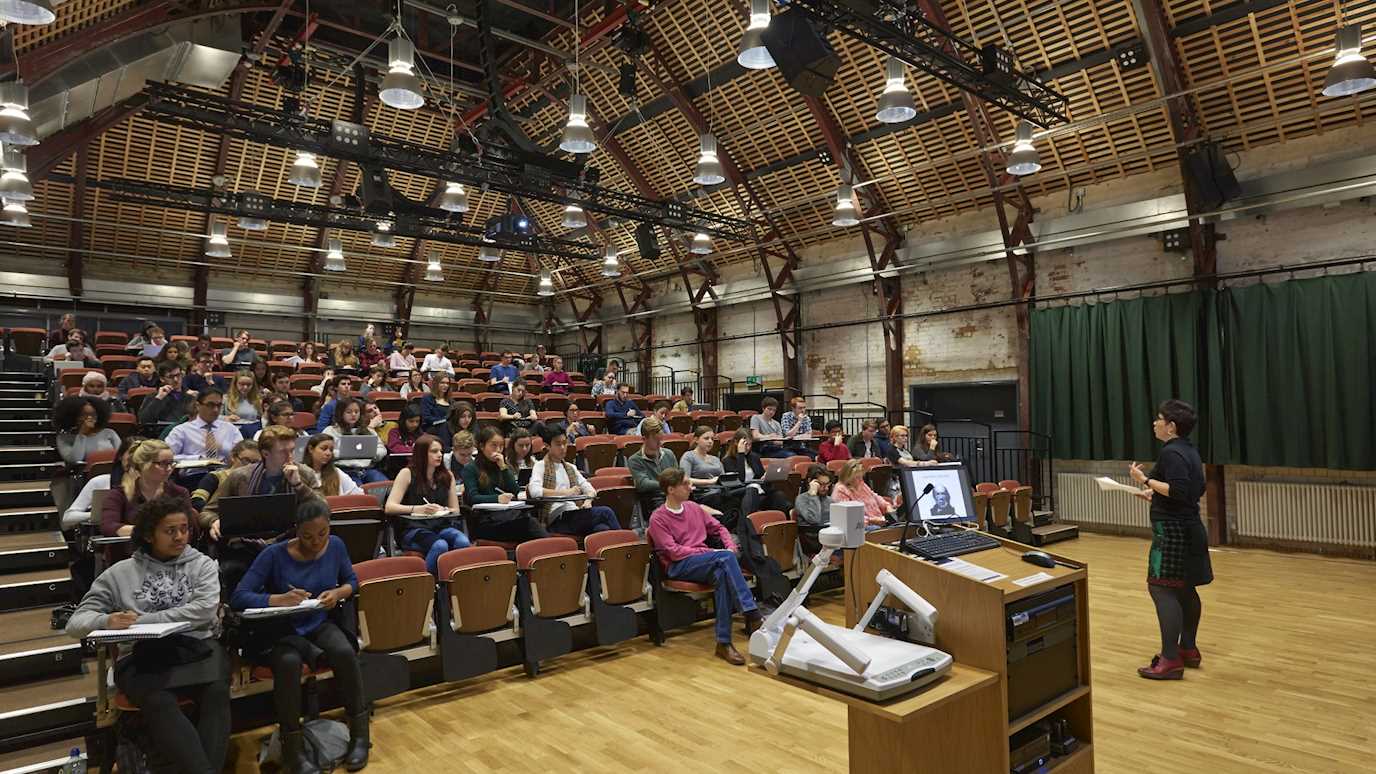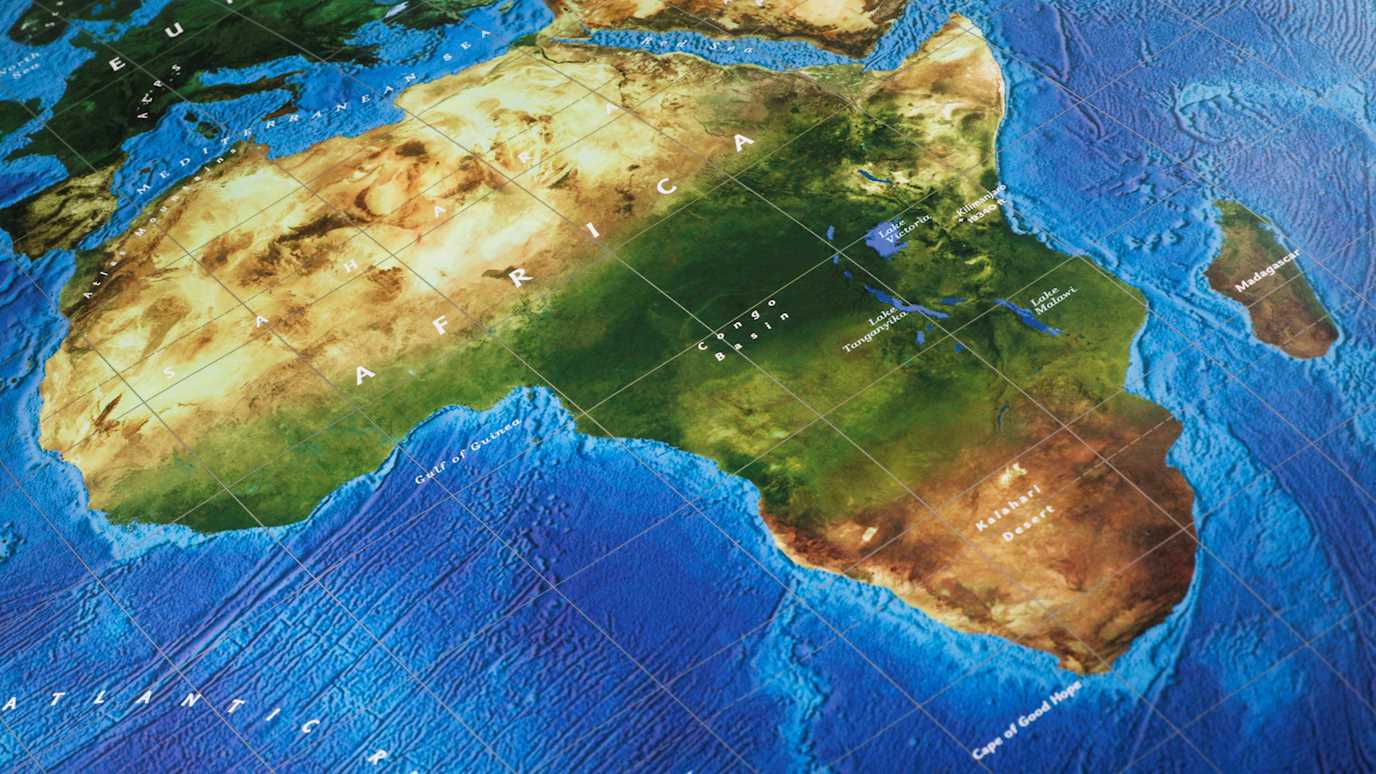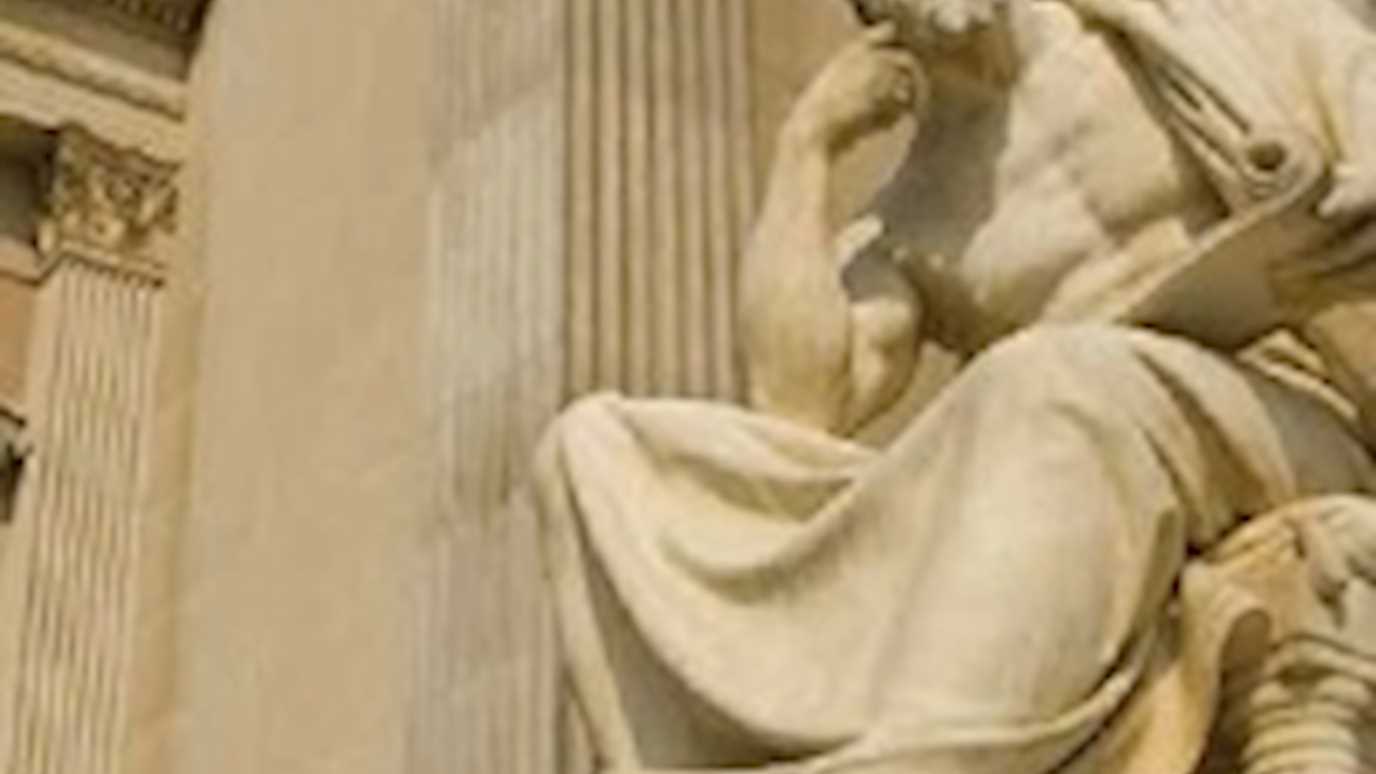Hello from the Department of Politics, International Relations and Philosophy.
To make you feel more at home before you join us in September, we've rounded up a few resources to help get ready for your studies. We hope you enjoy them, and keep in touch with us through our social media channels. We look forward to meeting you soon!
Politics and International Relations
Read anything
No need to rush out and buy a textbook just yet. Once term begins, there will be plenty of required reading leaving little time to explore your personal favourites. So this is the ideal moment to read widely on topics you’re genuinely passionate about.
Read what inspires you. Engaging with high-quality writing, regardless of genre, is invaluable particularly if you're feeling a little anxious about the academic writing ahead. Strong writing isn’t just about mastering grammar; it’s about immersing yourself in great prose and developing a sense of what makes it effective.
If you are keen to hone your academic writing skills, do check out How to Write Brilliant Essays, an excellent resource curated by our very own Dr Ursula Hackett. It’s packed with practical tips, engaging YouTube content, and interactive exercises—all designed to help you reach the level of writing expected in university. You can explore it at: http://www.brilliant-essays.com.
Listen to Podcasts
Academics and their research often feature in popular podcasts on a range of different topics, shedding light on complex contemporary issues.
Here are a few you may find interesting:
- Past Present Future: David Runciman explores the history of ideas across diverse realms like politics, philosophy, and technology. Each week, Runciman engages in conversations with a range of experts, shedding light on the origins of influential ideas and their contemporary relevance.
- Empire: William Dalrymple and Anita Anand explore the stories, personalities and events of empire over the course of history.
- The Conversation: a podcast from the New York Times on race and slavery. Great if you want more historical background.
- The Rest is Politics: Alastair Campbell and Rory Stewart discuss current affairs in the UK and abroad.
- These Times: Tom McTague and Cambridge professor Helen Thompson team up to investigate the history of today’s politics — and what it means for our future. Each week they will explore the great forces, ideas and events that led us to where we are, whether in Britain, the United States, Europe or beyond.
- The History of Philosophy without any gaps: Peter Adamson examines the history of philosophy and looks at the ideas, lives and historical context of the major philosophers as well as the lesser-known figures of the tradition.
Explore Blogs
Academics frequently disseminate their research through blogs, to share their findings in an accessible way with the wider public and to offer their insights on contemporary issues.
One of the best places to reach about academic research of this type is The Conversation which provides independent news analysis and informed comment on range of issues, written by academic experts working with professional journalists.
You can read articles written by academics at Royal Holloway here: https://theconversation.com/institutions/royal-holloway-university-of-london-795
Philosophy
Reading Suggestions
You don’t need to have read anything in particular before joining us, but if you are looking for some reading suggestions, there are many good options, depending where your interests lie. Here are a few suggestions:
- J. Ayer, Language, Truth, and Logic (Penguin)
- Rene Descartes, Meditations on First Philosophy (Cambridge University Press)
- Apostolos Doxiadis and Christos Papadimitriou, Logicomix: An Epic Search for Truth (Bloomsbury)
- Wilfred Hodges, Logic (Penguin)
- Friedrich Nietzsche, Beyond Good and Evil (Penguin)
- John Sellars, Aristotle: Understanding the World's Greatest Philosopher (Pelican)
- Nigel Warburton, The Art Question (Routledge)
The Oxford University Press series of Very Short Introductions contains many good philosophy volumes which are often a great way into a topic.
Podcasts
If you enjoy listening as much as reading, there are two podcasts well worth exploring:
• Philosophy Bites, at https://philosophybites.com
• History of Philosophy Without any Gaps, at https://www.historyofphilosophy.net
Going Deeper
If there are particular topics or thinkers that you’d like to start learning more about, an excellent place to start is the Stanford Encyclopedia of Philosophy, free, online, and written by established academics. Each entry includes a substantial bibliography of further reading.
For more information
Just ask
Feel free to ask questions, you can also ask one of our current students.
Keep in touch
Bluesky: @rhulpir.bsky.social
Instagram: @rhulpirp
Be prepared
For any other information on life as a student and getting prepared for university, see our general applicant hub.

























